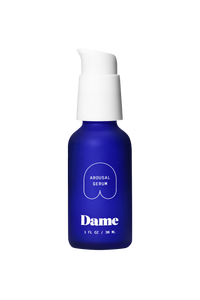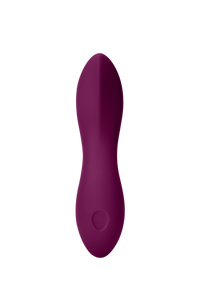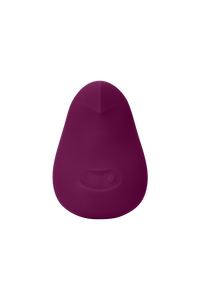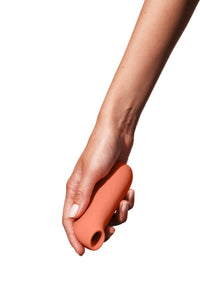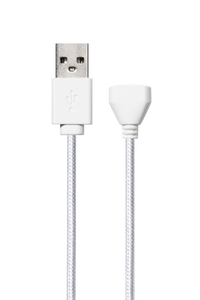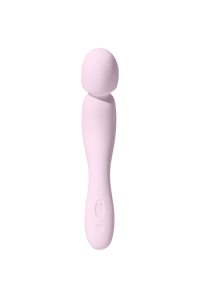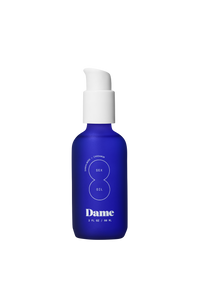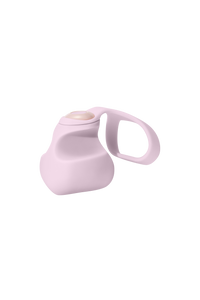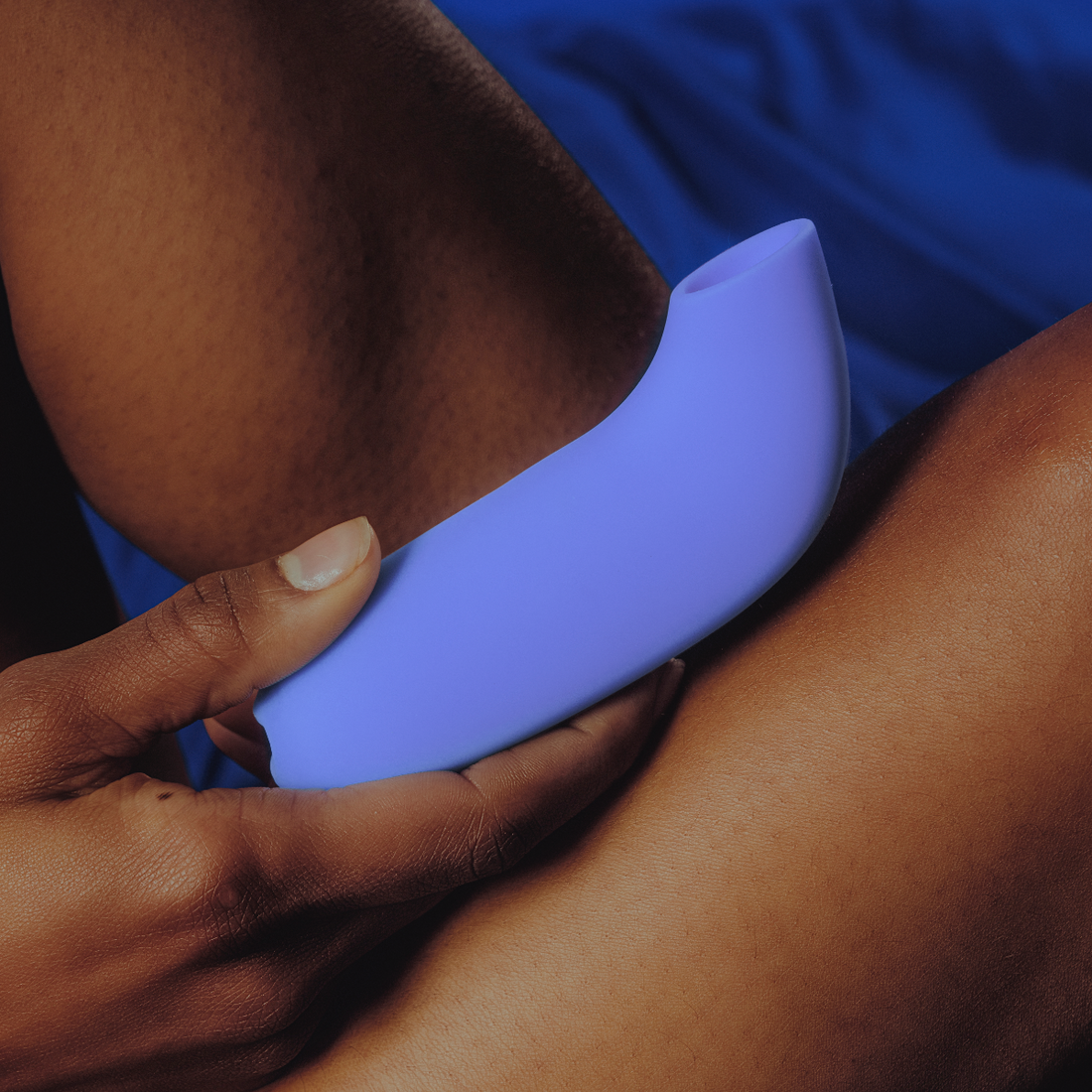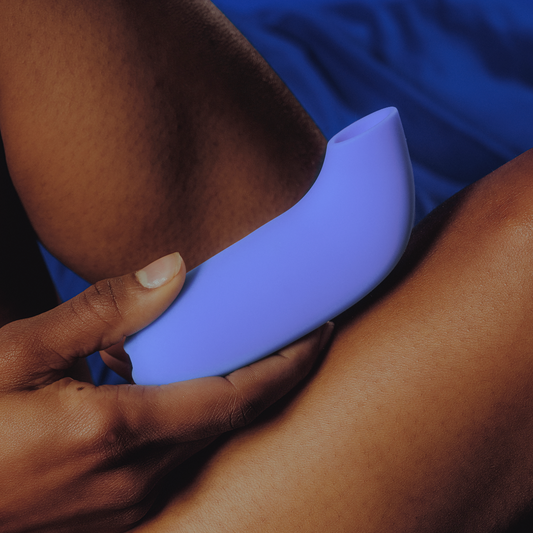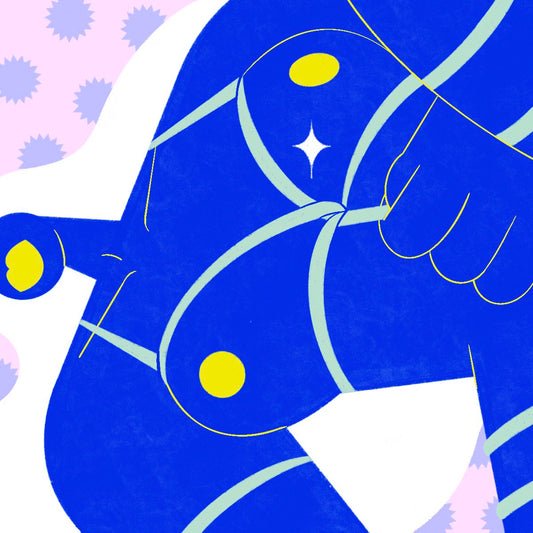Ah, here we are, in the year of our Lord 2021, and people are still out here thinking that vaginal tightness is some kind of boon. A good thing. An attribute of sexual princesses. Nay, queens among vaginas-owners. You want to hear something real freaky? Come a little closer. *whispers* Vaginas can get dicked (or dildoed, whatever) by 10,000 penises or one penis and the tightness of said vagina will not be affected either way.
“Women have been socially conditioned by the media, medical professionals and partners to believe their bodies are solely there for their partner’s pleasure,” says Kristine D’Angelo, a certified sex coach and clinical sexologist. This message is so deeply ingrained that women have a really hard time not subscribing to this belief system. Men believe this as well.
I’m reminded of the time I tweeted this random thought while sitting on the toilet. Kathy Griffin retweeted it and people genuinely lost their minds. I’m astonished by how ignorant people are about basic anatomy. My darlings, vaginas do not get “looser” from sex. They don’t get looser from anything other than gravity, the only thing that can – quite literally – drag them down.
Like all muscles in the body the vagina loses the strength and elasticity of its youth over time, particularly after menopause, when estrogen levels drop and vaginal atrophy can cause vaginal tissues to become dry. But sex doesn’t cause that to happen. I’m not screwing around here. Here are five myths about vaginal tightness (and vaginal looseness) that absolutely need to die once and for all.
Myth #1: The more sex you have, the looser your vagina will become.
This is a myth born out of a patriarchal, purity-centered ideology. And it is, to put it scientifically (like the classy clinical practitioner I am), complete and utter crap. Laurie Mintz, Ph.D., a certified sex therapist and author of Becoming Cliterate, puts the anatomy of vaginal elasticity into quite digestible terms: “Imagine smiling or yawning.
Your mouth does this and then returns to its closed usual shape. Similarly, the vaginal muscle opens more before, during, and after sex – but then it relaxes and goes back to its usual shape,” she explains. “The truth is that as women get sexually aroused and natural lubrication flows, their vaginal muscle tissue relaxes somewhat – and this is important for penetrative sex because without relaxation, it would hurt. In other words, more relaxed – not tight – vaginal muscles are necessary for penetrative sex.”
Hear that? Having a vagina that is able to stretch more is not a sign of sexual dysfunction. It’s a good thing and makes for better, more comfortable (and therefore pleasurable) sexual encounters.
Myth #2: Tighter vaginas make sex better.
This damaging myth is rooted in the same cis-het-male-centric rhetoric as myth #1. It is deeply infused into our thinking from the moment we learn what sex is, and may even be reinforced by ill-informed healthcare “professionals.” “Sex,” in this case, being PIV sex – for that is the only kind of sex that is ever talked about in sex ed across the country…if you were lucky enough to have sex ed or sexual health classes at all, that is.
According to Felice Gersh, M.D., an OB/GYN and founder/director of the Integrative Medical Group of Irvine, in Irvine, CA, and the author of PCOS SOS Fertility Fast Track, the idea that having a tight vagina is key to pleasure is massively off-base. “Actually it doesn’t matter to males or females if the vagina is tight for sexual pleasure.
The reality is that one of the biggest problems for sexual satisfaction is painful intercourse due to
Myth #3: Tighter vaginas are “purer” vaginas and are therefore more desirable.
Wrong, wrong, so very wrong. Vaginal tightness has absolutely no bearing on your worth as a human being, a sexual person, or a potential partner. Anyone who tells you otherwise is deeply misinformed and living within a patriarchal shame-vortex that should have you running for the hills, babe.
Not only is vaginal tightness not a thing to be obsessing over, it’s not even a factor in what makes sex good. Again, listen to the women’s health expert: “A healthy vagina, one well estrogenized and lubricated, will provide a great sexual experience for male and female, regardless of whether the vaginal canal’s diameter is slightly larger or smaller,” Gersh says. “After all, male penises come in varying sizes and are all just fine …and so too, can female vaginas vary in width.”
Myth #4: Having babies will make your vagina looser.
Don’t get me wrong: Having a baby is a big deal. Physically, your body grows a human person inside of it, pushes it through the cervix, and out of the vagina. Can this cause tearing and “looseness?” Sure, but it’s temporary, especially if there are steps taken to help the perineum, vaginal walls and pelvic floor heal correctly.
Think of it this way, if you break your arm and need to wear a cast for six weeks, do you expect your bicep to be as toned and strong as it was pre-injury? No, so why would you think a vagina feels exactly the same after childbirth?
Before you give birth, “the pelvic floor muscles prepare
Myth #5: Kegel exercises are the only way to have a tight vag and everyone should do them.
Kegel exercises are a fabulous way to tone and strengthen your pelvic floor, and improve blood flow to the genital region. This hammock-like set of muscles is responsible for everything from supporting the bladder (so you don’t sneeze-pee) to holding in your uterus and vagina. The pelvic floor has a big job and having a baby does put it through the ringer, just like all major bodily events. “Kegels don’t affect the vaginal diameter to a significant degree, but allow for vaginal tightening around a penis, creating an on-and-off tensing, which some enjoy.
Kegels can also help with bladder functioning, reducing incontinence,” Gersh explains. Kegels can be a helpful way to gain better control over your pelvic floor, as long as you’re doing them correctly. Be sure to read Dame's guide before venturing into Kegel Land.
That said, kegels are most definitely not for everyone. “They can potentially inhibit pleasure if the muscles are too tight, and diminish pleasure if the muscles are too loose. “If they feel too loose, I’d suggest

